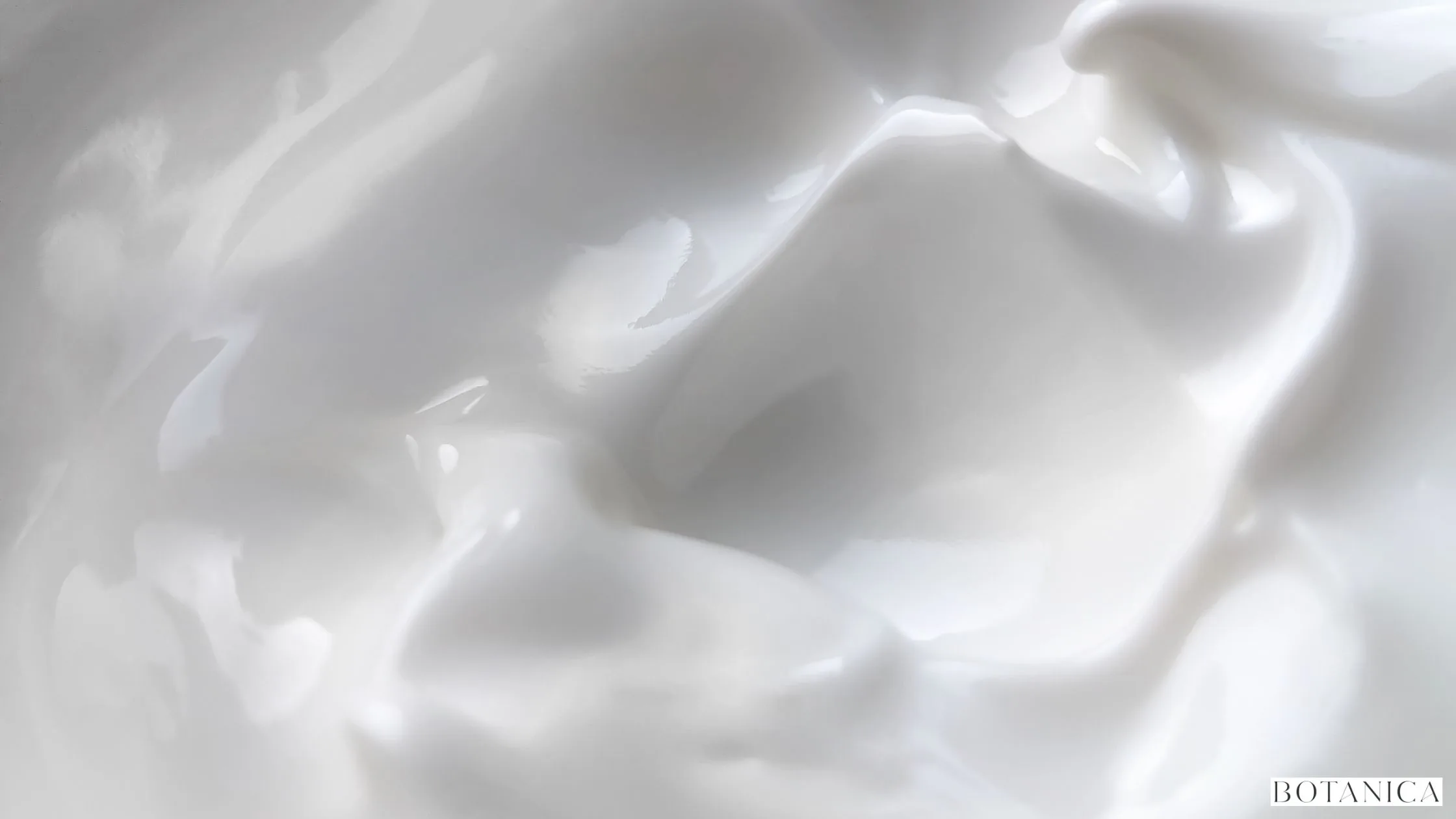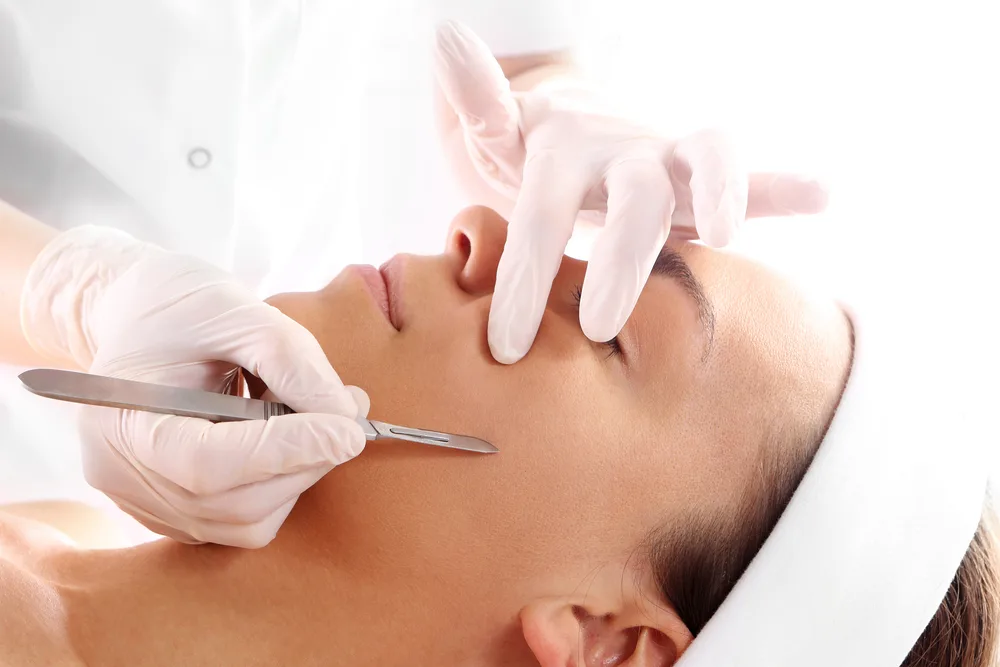
Understanding Hydrating vs. Moisturizing Skin Care
Picture this: You wake up, and your skin feels painfully dry. Or is it dehydrated? It can be hard to tell, just like it can be hard to determine whether you need hydration or moisture. While these words may seem like synonyms, they’re quite different in the world of skincare. It can all be very confusing. So we’re going to break it all down for you.
Keep reading for the definitive difference between hydrating and moisturizing skin care (and to find out how to determine which your skin needs).
What Does Hydrating Your Skin Mean?
Skin hydration refers to increasing its water content. Think of hydrating your skin as akin to quenching your thirst with a refreshing gulp of water from your Stanley cup. To do so, it’s recommended to seek ingredients that attract and retain moisture. This typically affects the outermost layer of the skin and results in plumping of the skin.
What Does Moisturizing Your Skin Mean?
Moisturizing skin care focuses on enhancing and fortifying the skin barrier, typically resulting in skin feeling soft and supple. It also aids in sealing moisture into the skin. Moisturizing and hydrating are not mutually exclusive terms. However, when we think of typical “moisturizers,” we think of products that smooth or lubricate the skin.
Determining Which Your Skin Needs
The key to determining the next step lies in determining whether your skin is dry or dehydrated. If you have dehydrated skin, your skin lacks water and likely needs hydrating ingredients to replenish the water content. But if you have dry skin, your skin lacks oil, and likely needs a moisturizer to add moisture.
With that being said, these are not always mutually exclusive and there is significant overlap, particularly when it comes to the symptoms you experience and the moisturizers you choose. Dry skin may have a rough texture, with flaking, scaling, redness, or itching. On the other hand, dehydrated skin may feel tight with a dull appearance and more visible fine lines and wrinkles.
To determine if you have dehydrated skin, try the pinch test. Gently pinch the skin of the cheeks or hands. If the skin is slow to return to normal, it’s likely dehydrated.
How to Hydrate Your Skin
When hydrating the skin, it’s important to look for ingredients like humectants. Humectants attract and draw in water (typically from the surrounding environment) and can be found in serums or moisturizers. Hyaluronic acid is one of the best humectants for creating hydrated, plumper-looking skin.
Another all-time favorite ingredient is lactic acid, which, as a humectant, increases the skin’s water content. Plus, for those with sensitive skin, lactic acid—an alpha hydroxy acid (AHA)—is also great for gently exfoliating without irritation.
How to Moisturize Your Skin
When moisturizing your skin, look for ingredients that work to strengthen and support the skin barrier, such as emollients or occlusive ingredients. Ingredients like ceramides, dimethicone, shea butter, lanolin, or petrolatum.
In the world of ingredients and dermatology, vehicles matter. For severely dry, cracked skin, ointments with their occlusive physical barrier protection are often required.
Botanica Spa Facials
While at home maintenance is a must, receiving a professional facial is the only way to keep your skin goals in line. A licensed esthetician will be able to deep cleanse your skin and customize the appointment to what is happening with your skin in the moment. Plus, they will recommend the exact products and ingredients you need to keep your skin healthy, radiant, and glowing until your next facial!
To make an appointment, book online here or call us at 727-441-1711.



Leave a Reply